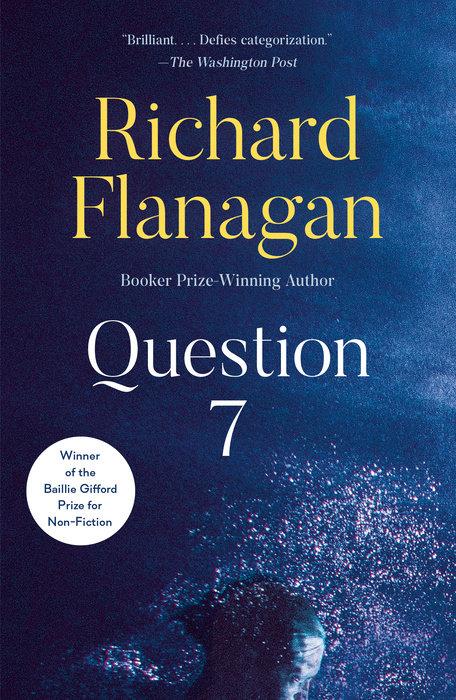1.
In the winter of 2012, against my better judgement and for reasons that were not entirely to do with writing—much as I said they were—and which even now are not clear to me, I visited the site of Ohama Camp, Japan, where my father had once been interned. It was very cold, a bitter day, and an iron sky threw a foreboding cast on the Inland Sea beneath which my father had once worked in a coal mine as a slave laborer.
Nothing remained.
Though I had no wish to be bothered with it, I was taken to a local museum where a very helpful woman found numerous photographs documenting a detailed history of the coal mine from the early twentieth century—its growth, its processes, its Japanese workers.
There was no photograph of slave laborers.
The woman was kind and, as they say, a fount of knowledge about local history. She had never heard of slave laborers working at the Ohama coal mine. It was as if it had never happened, as if no one had ever been beaten or killed or made to stand naked in the snow until they died. I remember the woman’s tolerant smile: a smile of pity for me thinking there had ever been slave laborers at the Ohama coal mine.
2.
Sometimes I wonder why we keep returning to beginnings—why we seek the single thread we might pull to unravel the tapestry we call our life in the hope that behind it we will find the truth of why.
But there is no truth. There is only why. And when we look closer we see that behind that why is just another tapestry.
But there is no truth. There is only why. And when we look closer we see that behind that why is just another tapestry.
And behind it another, and another, until we arrive at oblivion.
3.
At 8:15 a.m. on 6 August 1945, bombardier Major Thomas Ferebee released a lever 31,000 feet over Hiroshima, said “Bomb away!,” and forty-three seconds later 60,000 people died while eighty miles to the south my father, a near-naked slave laborer in his fourth year of captivity as a prisoner of war, continued with his grueling work pushing carriages of rock up long dark tunnels that ran under the Inland Sea.
Broken, ill, body and will near the end, knowing only that when in a few months the winter cold returned he could no longer endure and would die, he was unaware that he was now going to live. As my father made his way along the bleak mine tunnel only very occasionally punctuated with dim electric light bulbs a fellow Tasmanian POW remarked that it looked like his hometown of Penguin on a Friday night.
